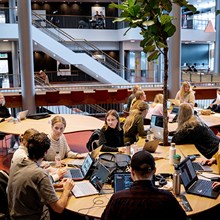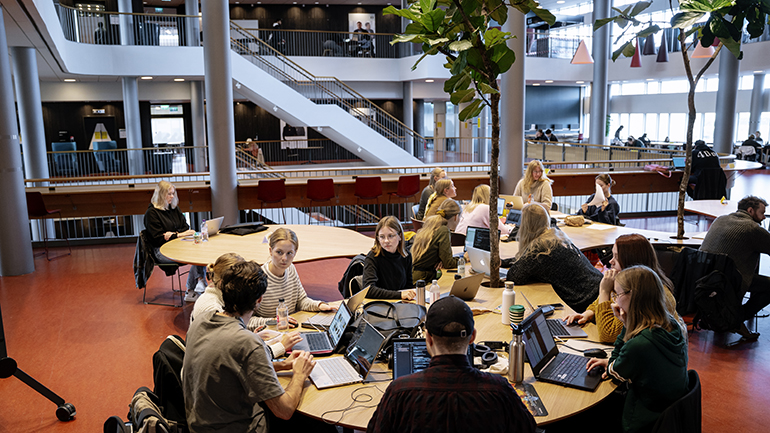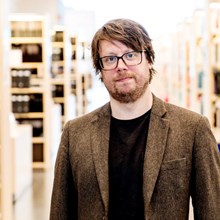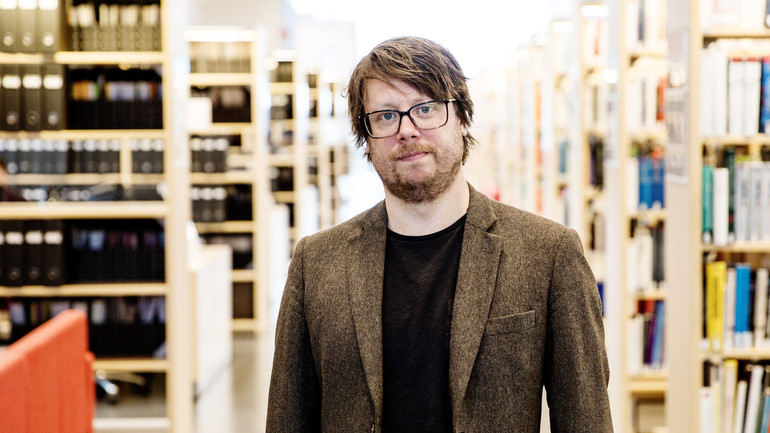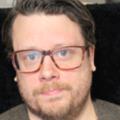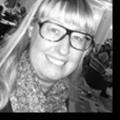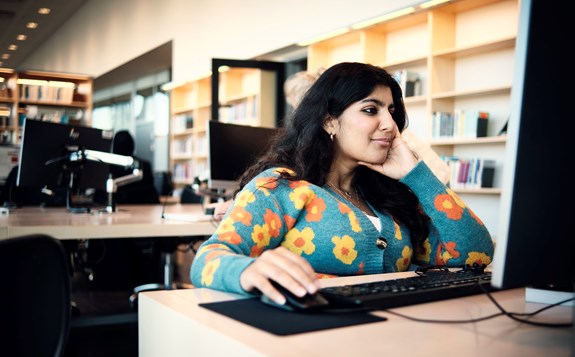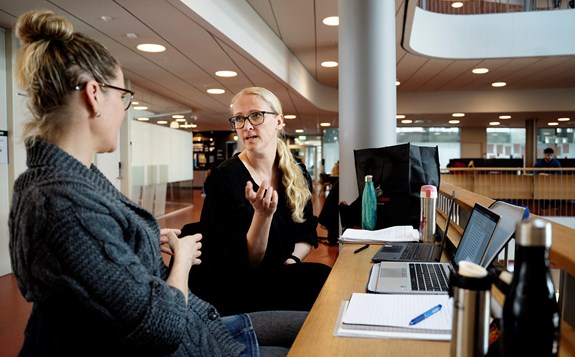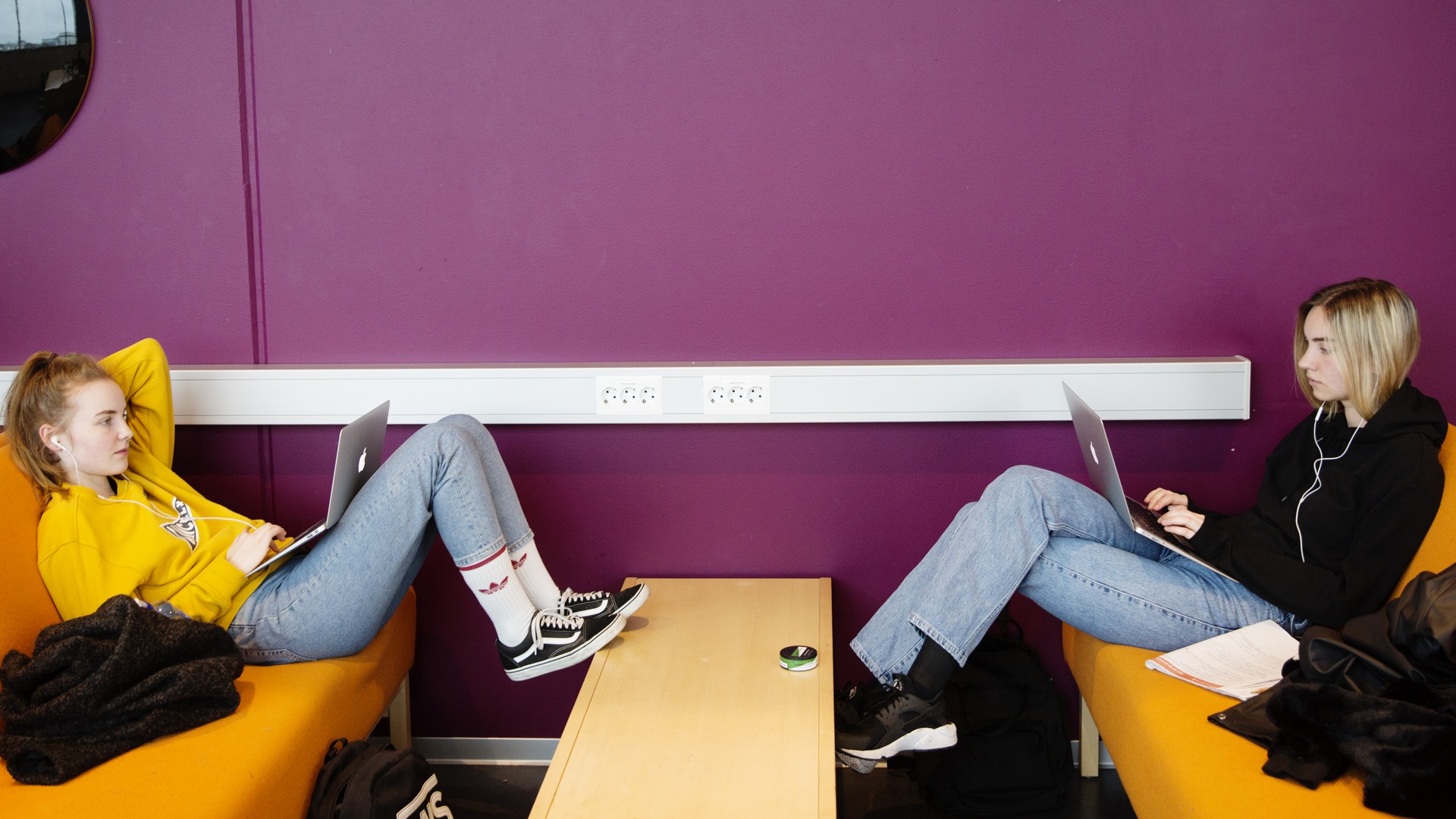Answering the big questions about education – a transformative experience
Why do we educate? What is it to be a human? Asking such big, philosophical questions was what Florencia Fernández particularly enjoyed about her Educational Theory master’s programme, but she also found the format of the education intriguing.
Florencia, who has a degree in folk high school education and an academic background in sociology and languages, worked as a folk high school teacher before she decided to apply for the master’s programme in Educational Theory.
It was the programme’s strong focus on research, academic discussions and philosophical perspectives that spiked her curiosity. With a keen interest in adult education, she wanted to deepen her knowledge in pedagogy and the philosophical aspects of it.
“I felt like the programme was going to give me new insights and perspectives. At the same time, it enabled connections to adult education in a way that other programmes which are more focused on pedagogy in general are not.”
We were students from many different parts of the world with different experiences and perspectives
Florencia Fernández
What made the education so interesting to Florencia was that it balanced theoretical and classic literature with philosophical texts, current research and debates, but also films and fiction. When asked about who should apply for this programme, she says it’s for anyone who wants to gain a broader perspective in the philosophy of education and ask themselves: Why do we educate at all?
“It’s for those, who want to reflect on those big, philosophical questions – which might take some time to translate into concrete practices – and learn from others who are also asking these big questions.”
Moreover, it was the seminar format of the programme and the two-teacher system that she valued immensely as it provided room for self-reflection, deep discussions and a plethora of perspectives.
“It was a very generous teaching method because it allowed us to shape the seminars with our questions and reflections. We were students from many different parts of the world with different experiences and perspectives and the openness of the seminars allowed us to bring these questions to the table. I also really enjoyed the two-teacher-system, which challenged traditional teaching methods and knowledge transmission.”
Another strength of the programme and its structure was that students were able to pursue the questions and topics they were interested in. Florencia’s thesis project, for example, intertwined psychoanalysis, politics and education.
“It has been a really transformative experience to participate in this programme, both for the topics discussed but also because of the format. The programme has improved my knowledge about intentions, about being a teacher and ways of thinking, but on a very broad scale.”
Now Florencia works with adult education and is considering pursuing a PhD in the field of Educational Theory.
